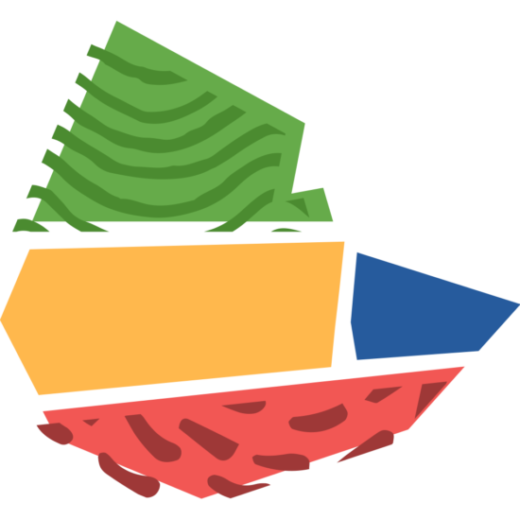Key facts
Since 2007 Link’s work has improved the education and life chances of nearly 98,000 children in disadvantaged rural areas of Ethiopia.
We have championed girls’ education, working towards higher school enrolment, retention and performance, as well as supporting marginalised girls’ transition from primary to secondary education and beyond into further education or employment.
… teaching a female is teaching a community and a female can achieve anything if given a chance.
Betheseada, 14Promoting language and literacy in disadvantaged areas has been a key strand of our work in Ethiopia, as well as widening access to quality preschool education. We’ve also supported school leaders and teachers through improved professional development to help them teach more effectively and manage their schools more efficiently.
Using our school performance review, we share user-friendly school data with communities who then understand how to help improve their school. This increases ownership, strengthens accountability and makes government education policy meaningful at grassroots level.
Link’s holistic approach aligns with government policy in Ethiopia and extends ownership to all levels of the community by working closely with government staff and local institutions. This supports sustainability and improves social accountability.
Fund Manager of Girls’ Education Challenge, September 2016
